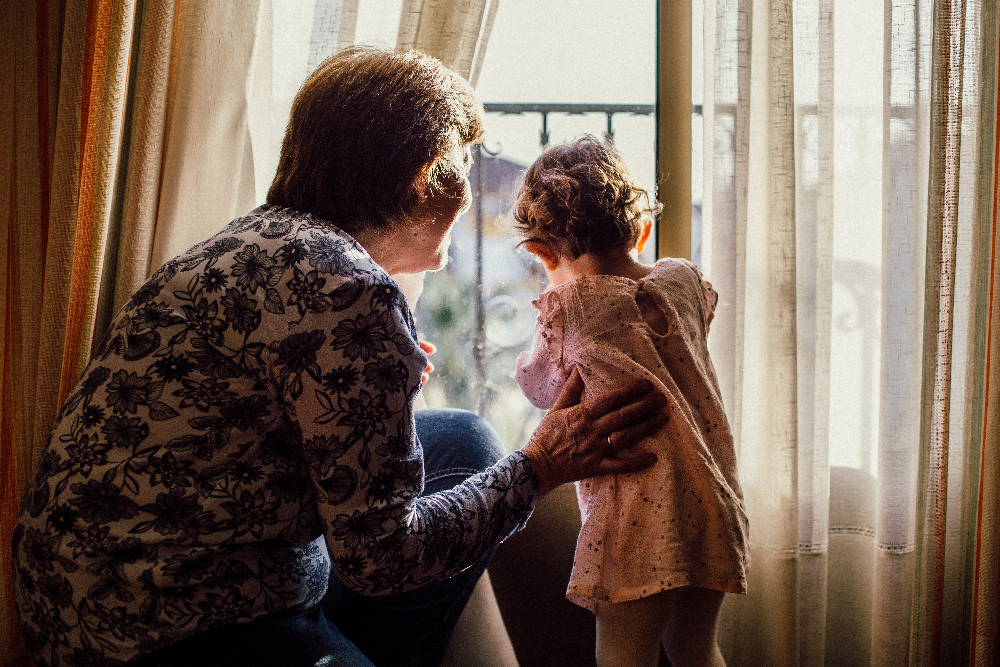Seniors who care for grandchildren are less likely than those who care for sick spouses to feel lonely.
A new study published in the journal Aging and Mental Health has found that transporting grandchildren to play dates and picking them up after school can help to alleviate grandparent loneliness. The research is consistent with the findings from previous studies, which were examined for the current paper. The team looked at data from almost 200,000 participants across 21 countries. They also found that those who were caring for an ill spouse or a spouse with a disability in their later years were more likely to experience intense loneliness. Thus, the burden of caring for a spouse decreased mental health and well-being.
Samia Akhter-Khan, a PhD student at King’s College London and first author of the study, said: “We see these quite clear consistent findings that grandparenting or caregiving to non-kin children has this positive effect whereas spousal caregiving had a negative effect on loneliness.”
The research team specifically took a look at the link between feelings of loneliness and isolation and engaging in unpaid care.
One of the studies they referenced found that adults over 60 who spent an average of 12 hours each week looking after their grandchildren were “60% less likely” to feel lonely than those who did not. This is a notable number of people who feel uplifted by caring for younger generations.

“While caregiving for grandchildren may include some of the same time-intensive activities as caregiving for an older adult, such as bathing and feeding, children are integrated in a care network that usually involves parents and institutions, such as schools,” the authors wrote.
In addition to the improvement in grandparent well-being seen in those caring for their grandchildren, volunteering (especially for social and environmental causes) also improved mental health. These activities tend to offer a sense of purpose for retirees who no longer have a paying job to go to daily. They also give individuals a chance to get out of the house and meet new people which would otherwise be difficult to do.
Because caring for a sickly spouse was linked with feelings of loneliness and isolation, the authors researched further the underlying causes of this. They discovered that “looking after a partner could be isolating when faced with an absence of support from other people or organizations.” It can also be seen as “a preparation to transitioning into widowhood.” Thus, not only are the tasks involved with this physically demanding but they can remind a spouse that their loved one could be passing away soon. Engaging in spousal care can be overwhelming both physically and mentally.
The authors also mention “the stark contrast between different realities of care where in some contexts it is a costly and burdensome activity and in others rewarding and meaningful.” They note that caregiving in later years tends to be quite common and should be given more attention than it has been over the years. It is part of the identity of many elderly people and a large part of grandparent life.
“Older people are usually portrayed as the care receivers and a cost to society in terms of money for pensions and health problems,” said Akhter-Khan. “But they’re really important contributors in terms of caregiving and volunteering. They’re really valuable for our society.”
The team concluded in their paper, “Grandparental caregiving and volunteering may be promising avenues for reducing loneliness in older age. Future studies will need to distinguish between different types of caregiving and volunteering and explore more complex longitudinal designs with diverse samples to investigate causal relationships with loneliness.”


Join the conversation!